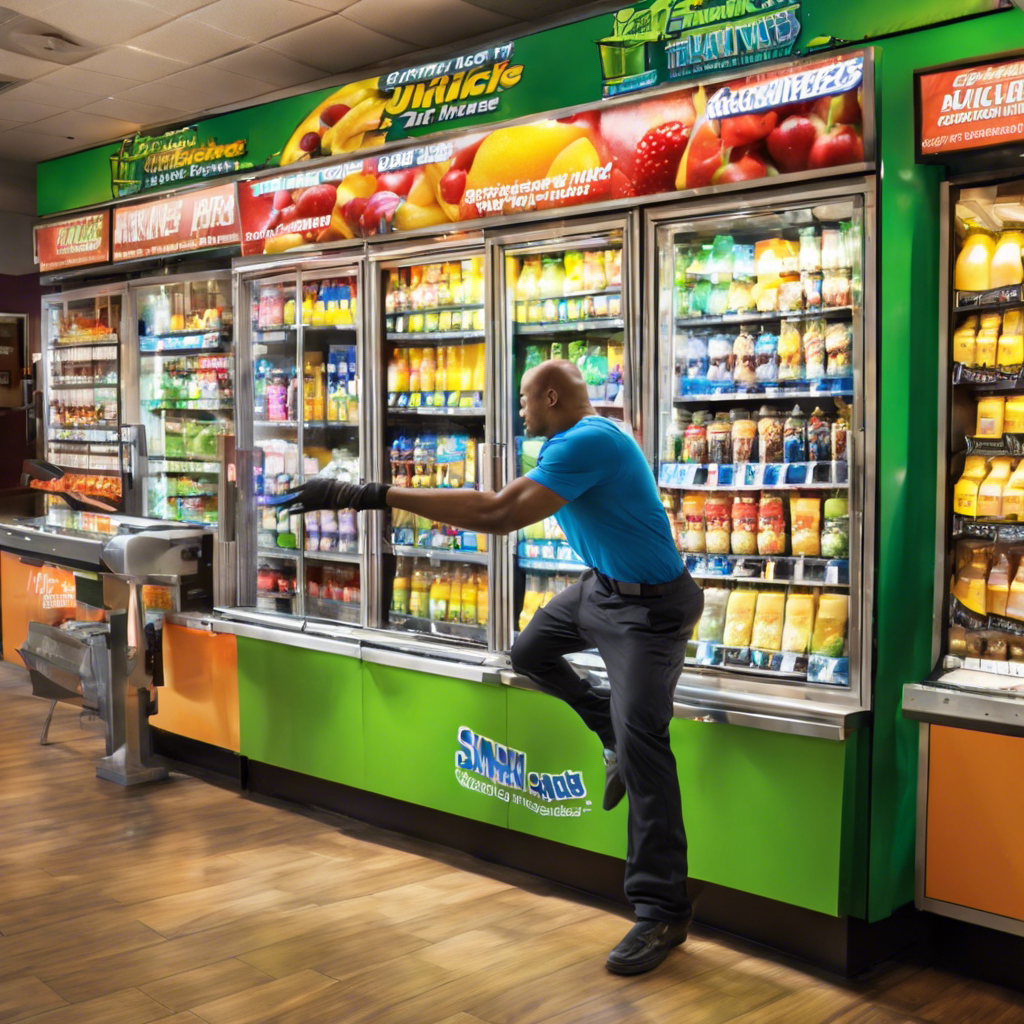The Rise and Fall of Support for Black-Owned Businesses: A Reflection on the #BuyBlack Movement

Black entrepreneurs grapple with the ebb and flow of support in the wake of the #BuyBlack movement
The year 2020 brought about a paradox for Black business owners. The murder of George Floyd and the subsequent social justice movement sparked a surge in awareness of social inequities and inspired the #BuyBlack movement, encouraging support for Black-owned businesses. As a result, many Black entrepreneurs experienced a boost in sales and even secured partnerships with major retailers. However, as Black Friday approaches, these entrepreneurs find themselves feeling abandoned, with dwindling support and a struggle to stay afloat. This article explores the journey of Black business owners in the wake of the #BuyBlack movement and the challenges they face in maintaining sustainable growth.
The Initial Surge of Support
April Showers, the founder of Afro Unicorn, a brand celebrating the beauty of Black people, experienced a significant increase in sales during the height of the #BuyBlack movement. White shoppers, motivated by the social justice movement, actively supported Black-owned businesses, leading to record-breaking sales for Showers. Major retailers such as Walmart, Target, and JCPenney offered her shelf space, catapulting her brand to new heights. However, as the calls to support Black businesses faded, Showers and others faced a decline in customers and revenue.
The Struggle to Sustain Momentum
Nicole Mitchell, the founder of Goddess Athleisure, launched her sportswear line in response to the groundswell of support for Black businesses. Witnessing the solidarity and promotion of Black-owned brands was inspiring, but Mitchell now finds herself grappling with a lack of sustained support. As a relatively new small business, she cannot afford to offer the same discounts as larger retailers during Black Friday sales. Mitchell emphasizes the need for continued support from the Black community to ensure the survival of Black-owned businesses.
From Moment to Movement
Dionne Mahaffey, the founder of Culture Greetings, an on-demand custom greeting card company, highlights the fleeting nature of the support for Black-owned businesses in 2020. While her business experienced an initial increase in sales, the momentum quickly dissipated. Mahaffey attributes this to performative actions by companies and a lack of sustained commitment to diversity, equity, and inclusion. The Supreme Court’s decision on affirmative action and the changing messaging around inclusivity have further impacted Black-owned businesses, leaving them to grapple with the consequences.
Conclusion:
The #BuyBlack movement of 2020 brought about a surge of support for Black-owned businesses, propelling them into the spotlight and securing partnerships with major retailers. However, as the movement lost momentum, many Black entrepreneurs found themselves facing a decline in customers and revenue. The struggle to sustain growth and the need for continued support from the Black community highlight the challenges faced by Black-owned businesses. It is crucial for society to recognize the ongoing social inequities and commit to supporting Black businesses, especially in the retail sector. Only then can these businesses thrive and contribute to a more equitable economy.










